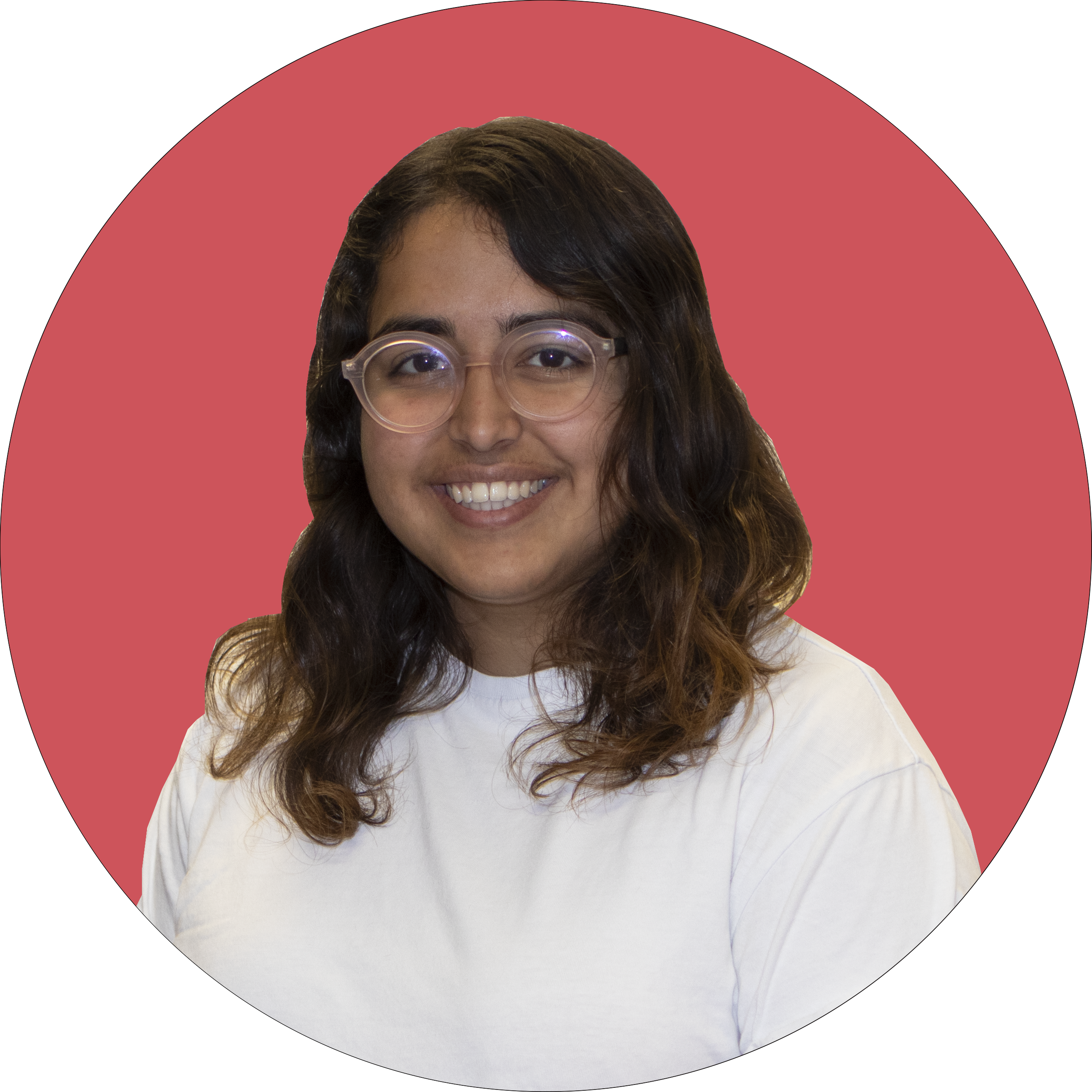The December COVID-19 outbreak changed winter break plans for many students
C/O Uta Scholl, Unsplash
With the rising COVID-19 cases in Ontario, many spent their holidays differently than expected
Prior to the outbreak of the Omicron variant, which began in Ontario at the end of November, the COVID-19 case count had remained relatively stable for most of fall. The lower case counts allowed the province to keep services such as gyms, theatres and indoor dining spaces open. They also allowed individuals to gather in larger groups and travel outside of the country.
The Omicron outbreak sparked a change in these public health guidelines, meaning that many Ontario residents were left spending their holidays in ways that they did not expect to.
Emily Osborne, a second-year student at McMaster University, described how COVID-19 impacted her ability to work over the holidays. Osborne works as a bartender in Hamilton and was planning on remaining in Hamilton to work for much of the winter break; however, she was unable to do so, due to the closure of indoor dining in Ontario.
“I was going to work 70 to 80 hours over the three weeks [of the winter break], but I ended up just working 25 or 30, I think, in the first week. And then we had the first set of restrictions that moved our close time to ten instead of 12:00 a.m. to 1:00 p.m. and then we had the new set of restrictions that completely closed indoor dining,” explained Osborne.
Despite feeling disappointed at not being able to work as much as planned, Osborne expressed that her situation over the winter break could have been worse.
“I didn't need those shifts and I feel bad for people who were actually really depending on the break [as a] source of income,” said Osborne.
“I didn't need those shifts and I feel bad for people who were actually really depending on the break [as a] source of income.”
Emily Osborne, second-year student at McMaster University
Maia Poon, another second-year student at McMaster, explained that COVID-19 changed her original winter break plans, which were to explore the city of Toronto. Originally from Vancouver, Poon spent the winter break with her grandparents in Scarborough and was looking forward to experiencing an Ontario winter.
“Because I was living with my grandparents [and] with the new COVID numbers, we ended up staying at home and walking outside in our neighborhood, rather than going out to places. So yeah, it was definitely pretty different than we'd imagined,” said Poon.
“Because I was living with my grandparents [and] with the new COVID numbers, we ended up staying at home and walking outside in our neighborhood, rather than going out to places. So yeah, it was definitely pretty different than we'd imagined.”
Maia Poon, second-year student at McMaster University
For Poon, her changing winter break plans were mostly a result of her desire to be cautious, rather than it being a reaction to public health guidelines. Since Poon was living with her grandparents, who she explained are immunocompromised, she was especially concerned about COVID-19 over the winter break.
After a winter break that, for many McMaster students, did not go as planned, the return to school this semester will be different as well, with many classes online until Feb. 7.
Poon said that she would still be returning to Hamilton at the end of the winter break; however, due to the increasing COVID-19 case count, Poon said that she would be getting a ride from a family member, rather than taking public transit.
Osborne, who is located in Oakville, said that she would likely remain at home for a few more weeks following the start of school on Jan. 10.
For Kimia Tahaei, a second-year McMaster student living in Iran, the Omicron variant has complicated her return to McMaster even more.
“I was about to come [to Canada]. My ticket was actually for Dec. 24, so about two weeks ago. And then, when they announced that because of the Omicron variant they're going to delay the school being in person for a week, I just assumed they [would] keep on doing that. So, I just canceled my ticket,” said Tahaei.
Tahaei explained that since she began attending McMaster in fall of 2020, she has had to pay fees to move and cancel flights numerous times, in response to changing statements about a return to in-person learning. Due to this, she opted to cancel her flight rather than push it back.
“The Omicron variant obviously made [planning to come to Hamilton] a lot tougher, because I know it's not the university's fault and it's not the government's fault. Everyone is uncertain. No one knows what to do, but that just puts extra pressure on people who are living abroad,” said Tahaei.
“The Omicron variant obviously made [planning to come to Hamilton] a lot tougher, because I know it's not the university's fault and it's not the government's fault. Everyone is uncertain. No one knows what to do, but that just puts extra pressure on people who are living abroad.”
Kimia Tahaei, Second-year Student At McMaster University
Whether it’s students who live near or far from McMaster, this winter, the Omicron outbreak has placed additional hurdles to many plans. With public health officials predicting that the outbreak has yet to reach its peak, McMaster’s plan for return is still up for changes as the university continues to follow public health guidelines.


